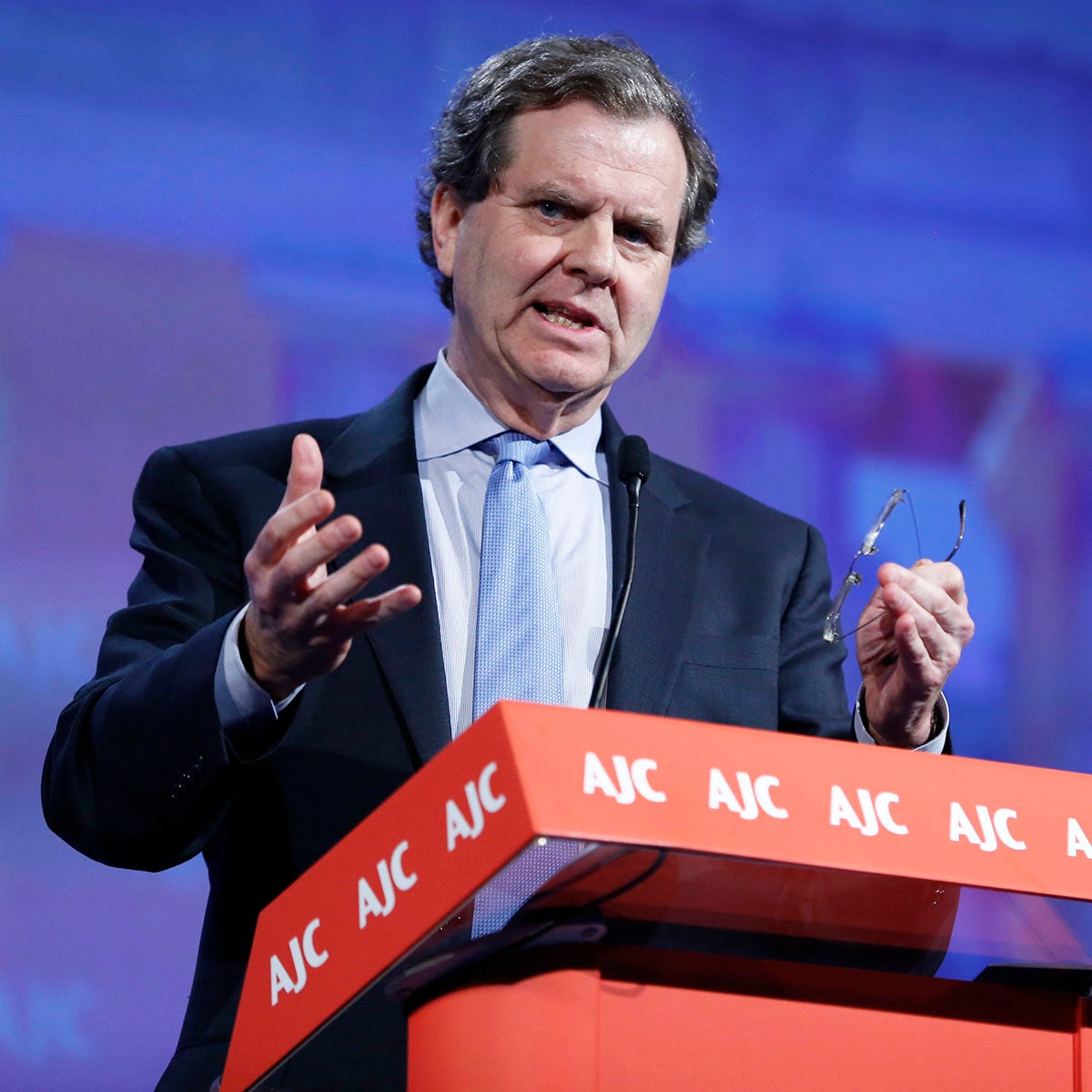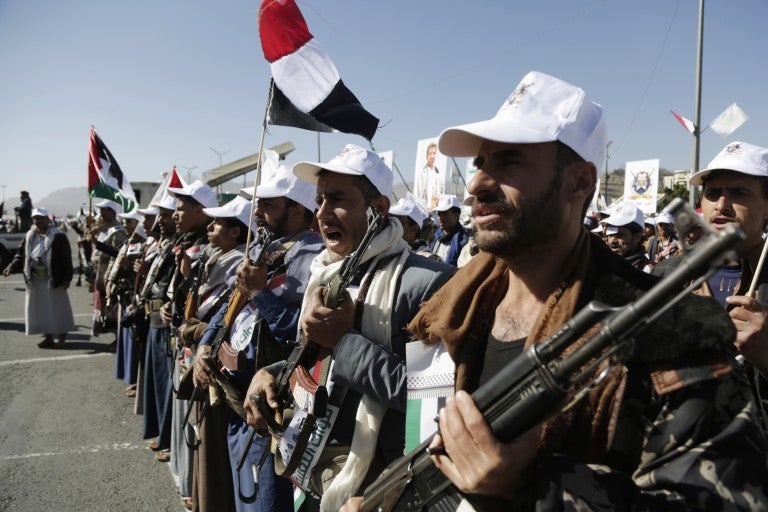February 23, 2021 — New York
This piece originally appeared in The Times of Israel.
The Biden administration has signaled its intention to re-enter nuclear talks with Iran, following the Trump administration’s decision to withdraw from the 2015 Joint Comprehensive Plan of Action (JCPOA).
The JCPOA was widely viewed by the Obama team as its signature foreign policy achievement. Just about everyone connected with the last go-around is slated to occupy a top post in Washington today.
Feelings about the 2015 deal remain red-hot in some quarters, with supporters arguing it was the best deal possible and cut off all pathways to an Iranian bomb, and opponents asserting it was weakly negotiated and too narrowly focused.
Having followed Iran for decades, American Jewish Committee (AJC) took a lively interest in the 2015 decision and debate. When the accord was announced in Vienna on July 14, 2015, unlike many who reflexively embraced or rejected the deal based on their partisan leanings, we took more than three weeks to confer privately with a wide range of leaders, including Secretary of State Kerry and Under Secretary of State Sherman, both of whom graciously flew to New York for separate meetings with AJC leadership.
In the end, AJC opposed the JCPOA, believing omissions regarding Iran’s regional behavior and ballistic missile program, as well as inadequate inspections provisions and sunset clauses, made it too risky a proposition. That said, we also voiced the hope that we would be proved wrong in the ensuing years. It has become apparent that these shortcomings in the original deal need to be addressed in any new round of talks.
But my purpose here is not to re-litigate what happened six years ago. What’s past is past. Rather, it is to ask what can be learned.
For me, there are six principal lessons.
First, in 2015, the U.S. largely sidelined some of the countries most directly affected by any deal, including our Sunni Arab allies in the region and Israel, whose destruction Iran has repeatedly called for.
Those nations had grave doubts about the talks. As neighbors of Iran, with considerable knowledge of what was taking place inside the country, they could have added valuable insights. Instead, they were largely viewed as dissonant voices who couldn’t see beyond their own narrow interests. This time around, they ought to be closely consulted from start to finish, as some Western leaders have pledged.
Second, Iran played its hand shrewdly in 2015. In fact, its finely-tuned negotiating methods should be taught in leading American business and law schools. It had a weak hand, thanks to low oil prices and punishing sanctions, but, sensing American eagerness for a deal and playing off divisions among the partners at the table — U.S., China, France, Germany, Russia, U.K., and EU Commission — it came out ahead. The U.S. and its allies have by far the stronger cards to play with Iran. We should never forget it.
Third, speaking of cards, the Obama administration kept repeating that “all options” were on the table, meaning that, if Iran rejected the talks and pursued nuclear weapons, America reserved the right to strike at those facilities. In theory, that was, of course, the correct approach. Absent displays of strength, negotiating in such circumstances becomes an awful lot tougher, if not quite fruitless. The problem was, rightly or wrongly, no one in Tehran actually seemed to believe the American threat, all the more so, perhaps, after the president blinked on his Syrian “red line” in 2013. This time, the threat needs to be more credible.
Fourth, the Obama administration was not able to persuade a single Republican in either the Senate or House to support the JCPOA. In a way, that set the stage for the Trump administration’s withdrawal three years later. Should this repeat itself, there could be a similar reaction if a Republican wins the White House in 2024. More effort needs to be invested in building bipartisan support for any new deal, and that, of course, means taking into account, rather than summarily dismissing, concerns voiced by responsible critics.
Fifth, a related point: In 2015, the Obama team framed the debate in a binary fashion — there were supporters of the deal and then there were its opponents, who were collectively described as “warmongers.” Not only was that a false choice, but it gave critics who were not opposed to any deal, but were against the way this particular deal was fashioned, no option but to stand in strong, even angry, opposition.
And sixth, as I heard with my own ears, the Obama team made what turned out to be at least two faulty assumptions. They believed Iranian President Rouhani and Foreign Minister Zarif were “moderates” or “reformers,” and could be played off against the “hardliners,” led by Supreme Leader Khamenei and the IRGC. That didn’t work out as planned.
Moreover, they asserted that unfrozen funds sent back to Iran would largely go to delayed civilian projects, such as schools, roads, and hospitals, but instead they principally went to the regime’s instruments of power, control, and regional destabilization. Iran has a revolutionary regime with hegemonic regional aims. Neither its nature nor its goals should ever be underestimated.
2021 is not 2015. The world is different, the Middle East is different, and America is different. It offers the Biden team a precious chance to draw lessons from the past six years. The stakes in dealing with Iran couldn’t be higher, and getting it right is a matter of the highest national interest.



